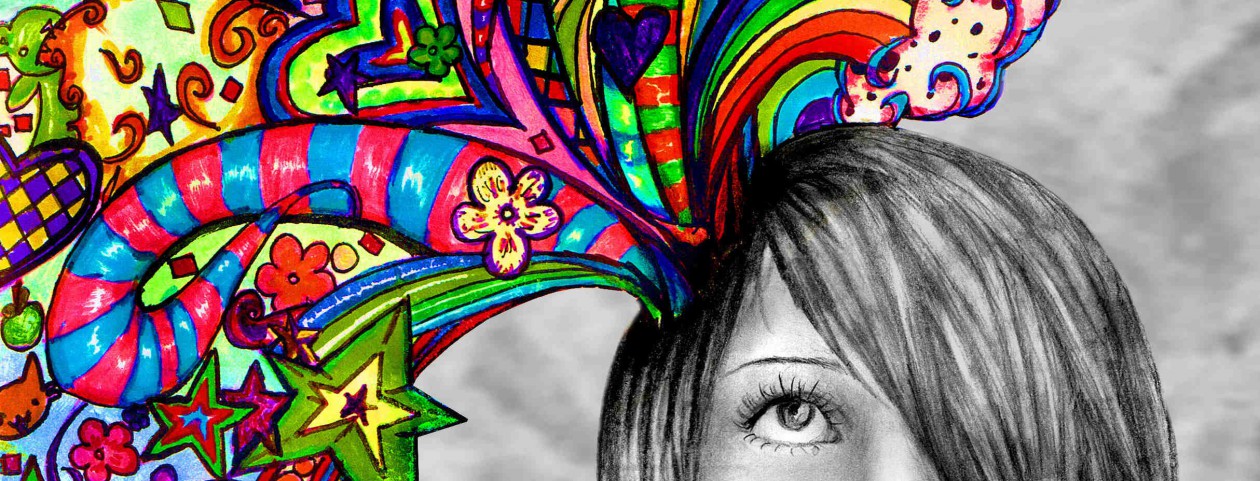In the world of Harry Potter, death is something to be feared and avoided at all costs. Lord Voldemort, the series’ primary antagonist, is obsessed with this idea and will stop at nothing to cheat death and achieve immortality.

But what is it about death that Voldemort finds so terrifying? And how does he go about avoiding it in the books?
First and foremost, Voldemort is afraid of death because he believes it means the end of his existence. He wants to live forever, to continue ruling and imposing his will on the world without fear of consequences. In his mind, death is the ultimate enemy, a force that must be conquered at all costs.
To avoid death, Voldemort turns to dark magic and the manipulation of life itself. He creates Horcruxes, objects in which he hides pieces of his soul, as a way to become virtually immortal. If his body is destroyed, his soul can live on in the Horcruxes, allowing him to return to a physical form.
But even this plan is not foolproof. As Harry Potter learns in the later books, destroying a Horcrux does not necessarily mean destroying the soul inside of it. And even if all of the Horcruxes are destroyed, Voldemort’s soul remains vulnerable to being destroyed itself.
In the end, Voldemort’s philosophy of avoiding death is ultimately futile. Despite his best efforts, he is unable to cheat death and is ultimately defeated by Harry Potter. The lesson, then, is that death is an inevitability that cannot be avoided, no matter how hard one may try.
Furthermore, Voldemort’s fear of death and pursuit of immortality highlight the importance of living in the present and making the most of one’s life. Instead of trying to avoid death, it is better to accept its inevitability and focus on making the most of the time we have. As the ancient Greek philosopher Epicurus wrote, “Death is nothing to us; for that which is dissolved is without sensation, and that which lacks sensation is nothing to us.” In other words, death is not something to be feared because it does not affect our consciousness. It is only the fear of death that causes us suffering. Therefore, by embracing the inevitability of death and living in the present, we can find peace and fulfillment in life.
Lord Voldemort’s fear of death and desire for immortality in the Harry Potter books serves as a reminder of the importance of accepting the inevitability of death and living one’s life to the fullest. By embracing this philosophy, we can find meaning and purpose in our own lives.



